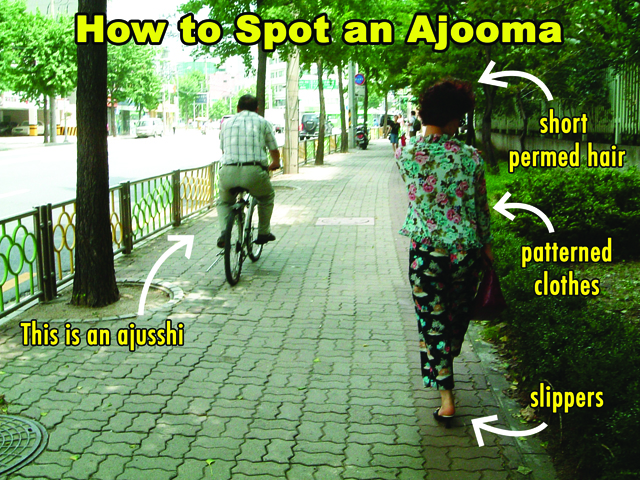MOLLA (몰라) means "I don't know." This is informal so use this version towards friends and those younger than you. When speaking to the elders, always remember to add a "yo" at the end of "molla." Mollayo.
Time to develop your ear to hear MOLLA in songs and more! Can you find where Girls' Generation sings "MOLLA" in their song "Gee"?
Did you find it? MOLLA is sung at 2:05!
Korean: (몰라몰라몰라몰라) 몰라몰라 하며
Romanization: (Molla Molla Molla Molla ) Molla Molla hamyuh
English: (I don't know, don't know, don't know, don't know) While saying I don't know, don't know
Next song! Where do you hear MOLLA in 2NE1's "Ugly"? Listen carefully.
(민지)날 쉽게 이해한다고 하지마 못생기고 삐뚤어진 내 마음이 널 원망할지도 몰라
(Minzy) Don't say you understand me so easily You don't know, but my ugly, crooked heart may come to resent you.
Can you spot the first MOLLA sung in T-ara's "Roly Poly"?
Did you find it? It was at 5:10!
For you SHINee lovers out there, here's Taemin singing "Molla" (originally sung by Uhm Jung-hwa back in the 90s). Can you spot the third MOLLA he sings?
Answer time! He sings the third MOLLA at 1:26.
Are you ready for the GRAND FINALE QUESTION? How many MOLLA's can you find in FT Island's "Girls Don't Know"?
Write your answer in the comment area below! The first three people to get the right answer get a reply from their favorite KWOW host :) Post ONE number and tell us your favorite host by this Saturday, April 14, midnight PST.















